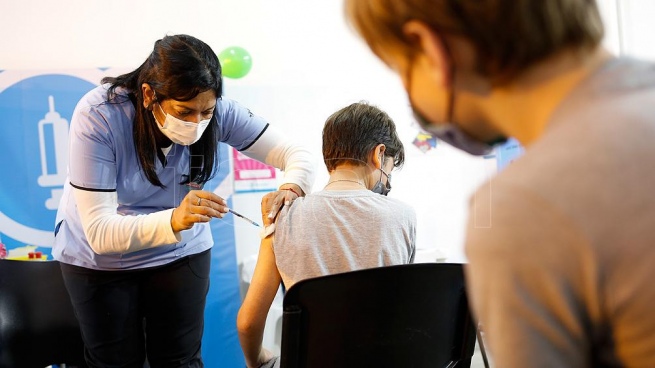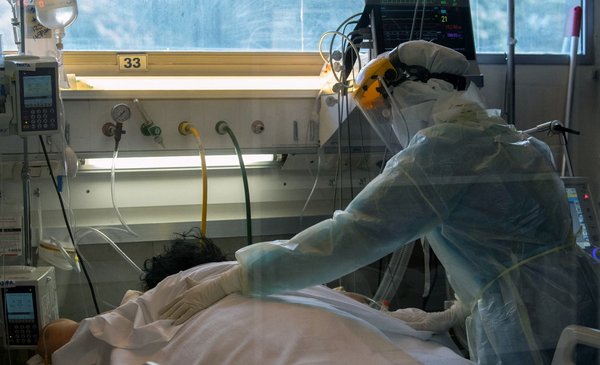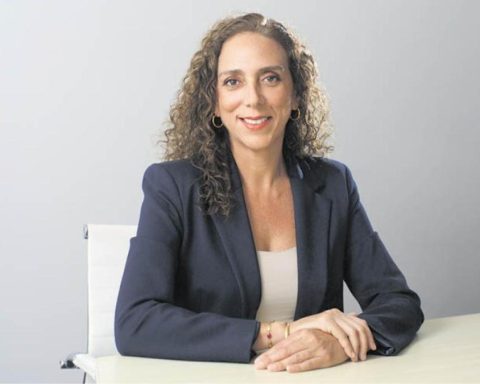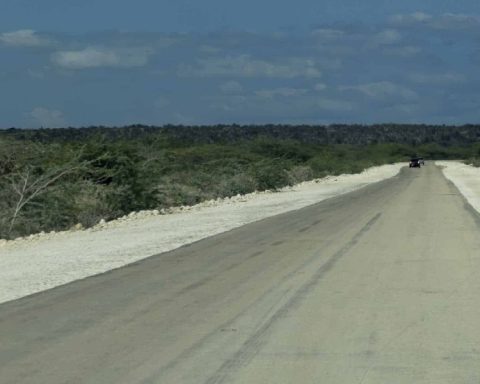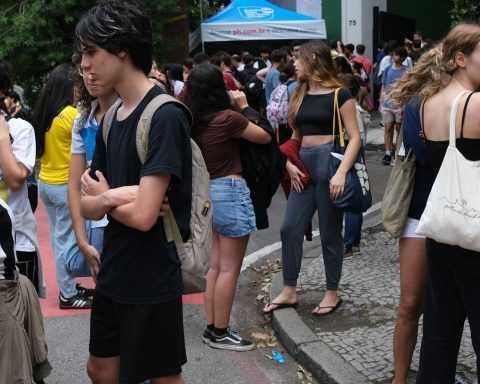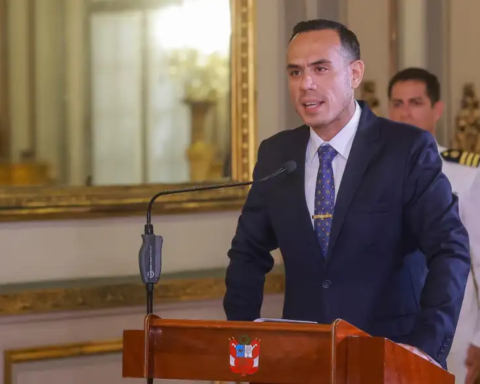According to the vice president of the National Electoral Council (CEN), Tomás Amarán Díaz, beyond the inefficiencies detected, the exercise was part of the planned organizational and training actions, and “it is confirmed that we are in a position to initiate the popular consultation of the normative”.
As he told the local newspaper Granma, the 12,513 constituency electoral commissions participated in the dynamic test held between January 27 and 28.
The vice president highlighted that the CEN initiative took place given the importance given to consultation due to the broad content of the Code, the diversity of opinions and proposals that can be made, as well as the novelty of the computer systems designed for processing of the information.
For this reason, all the electoral authorities intervened, in addition to selected jurists to integrate the work duos, computer scientists and the rest of the planned support staff, he indicated.
The necessary conditions had to be created, similar to those that must exist as of February 1 for the process to advance, “this is an aspect in which we have to continue working, since some limitations were revealed,” he pointed out.
According to the scheme designed, on the 27th, preparations were to be made in each popular council, in order, from these places, to group the electoral commissions of the surrounding constituencies and actively participate in the preparation of one hundred unofficial variants of proposals for the project of the Code.
All this, in order to exercise its writing, its classification, location in the text and its introduction into the computer system, said the vice president.
According to Amarán Díaz, the test made it possible to detect difficulties, such as the absence of some electoral authorities, mainly due to illness; limitations on the use of transportation to move staff; and poor classification
and proposal writing.
Likewise, there were irregularities regarding the preparation of some electoral authorities and jurists on the content of the project, which evidenced the need to continue training all the participants, he said.
The Family Code was submitted prior to its debate in the National Assembly of People’s Power (Parliament), as well as to a consultation with specialists in legal matters and agencies of the Central State Administration.
After the analysis with the citizens this year, the parliament must approve a new version, which will be submitted to a popular referendum.
rgh/cgc











